
She recently joined us for a related conversation on causal relationships between Tylenol and autism 👇
🎧 podcast.publichealth.jhu.edu/953-interpre...
✏️ www.statnews.com/2025/10/23/c...
@bklee.bsky.social and @lizstuart.bsky.social break down the science of causality on Public Health On Call 🎧 podcast.publichealth.jhu.edu/953-interpre...
@bklee.bsky.social and @lizstuart.bsky.social break down the science of causality on Public Health On Call 🎧 podcast.publichealth.jhu.edu/953-interpre...
Michael Rosenblum, PhD, MS and Joshua Betz, MS will discuss covariate adjustment in randomized trials.
jhjhm.zoom.us/webinar/regi...

It has been an honor and joy to work with Grace on topics that include proximal causal inference, electronic health records, and measurement error. She is a careful and excellent researcher, and an amazing team member!

It has been an honor and joy to work with Grace on topics that include proximal causal inference, electronic health records, and measurement error. She is a careful and excellent researcher, and an amazing team member!
Do yourself a favor and take some time to listen to this story of astrophysicist Charity Woodrum, and what she's learned from her work and life
radiolab.org/podcast/gala...

www.nytimes.com/2025/07/09/b...
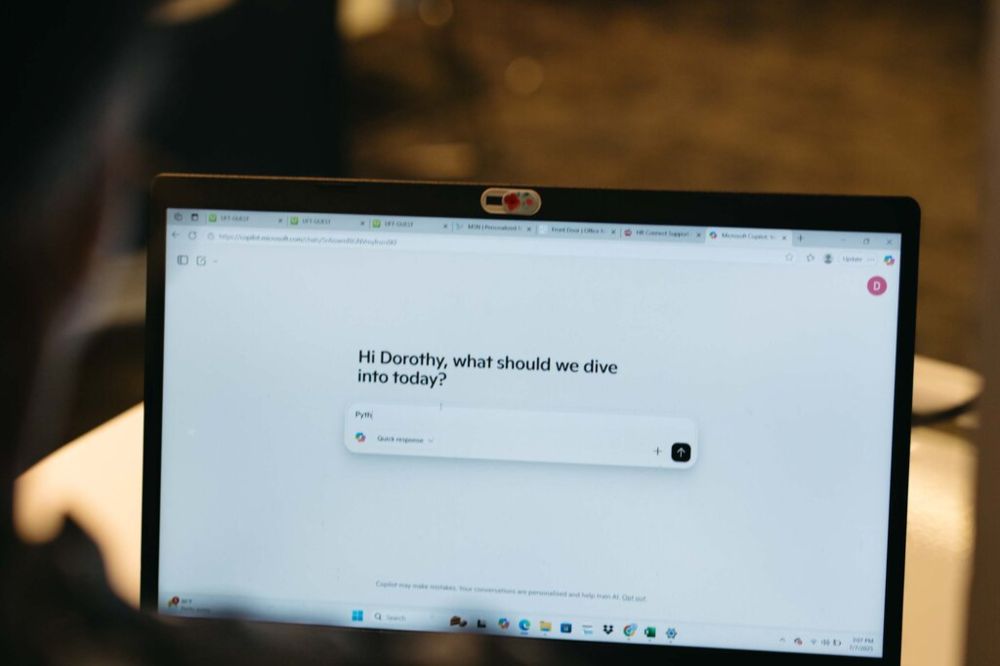
www.nytimes.com/2025/07/09/b...
www.nytimes.com/2025/06/18/h...
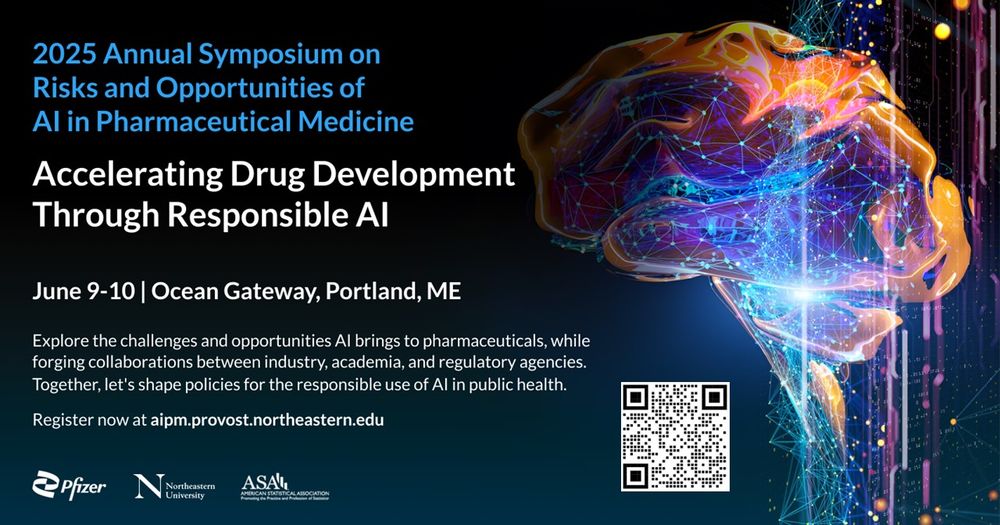

ja.ma/4aVchPn
#MedSky
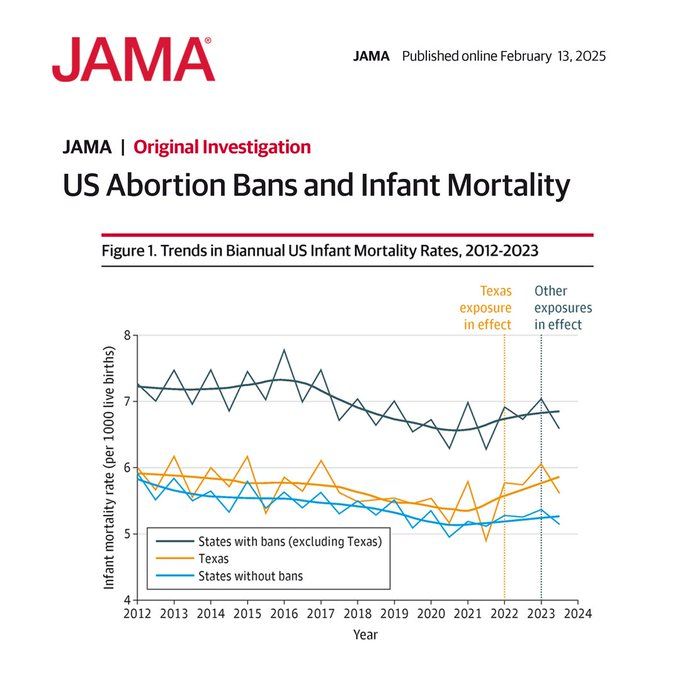
www.wsj.com/opinion/rfk-...
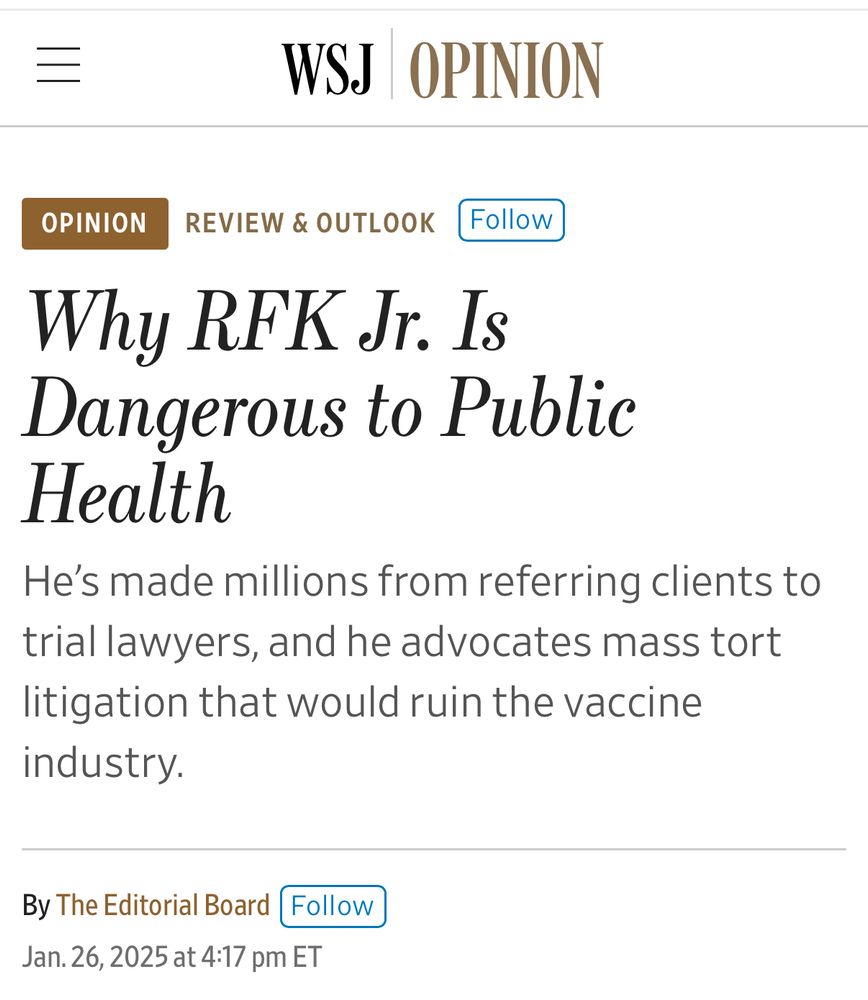
www.wsj.com/opinion/rfk-...

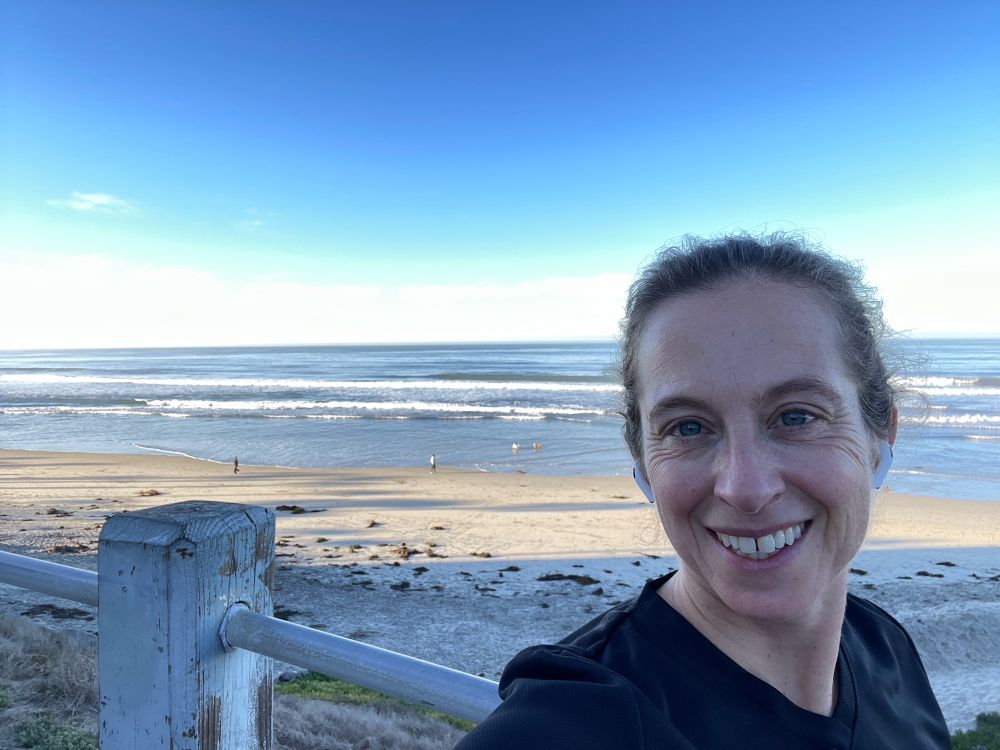
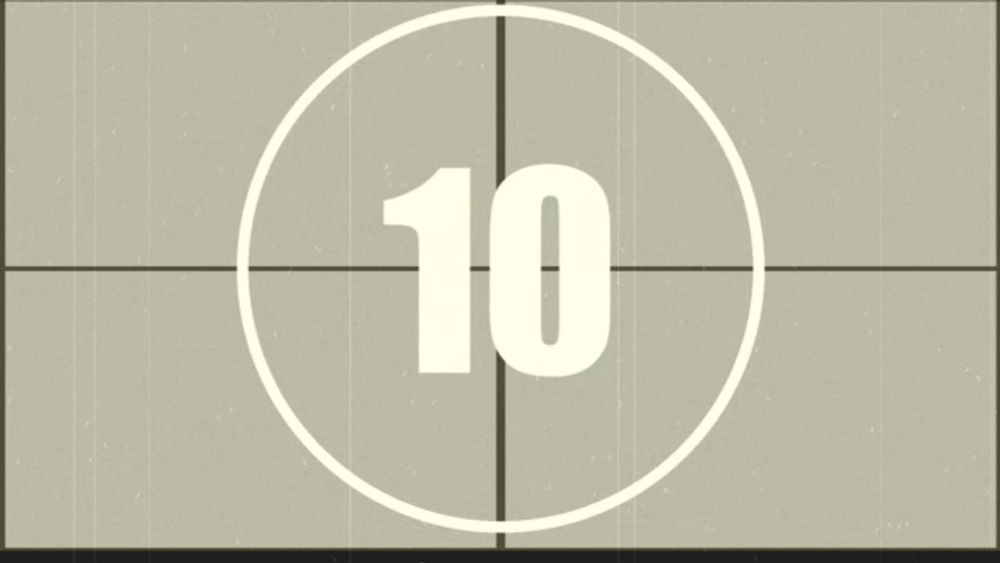


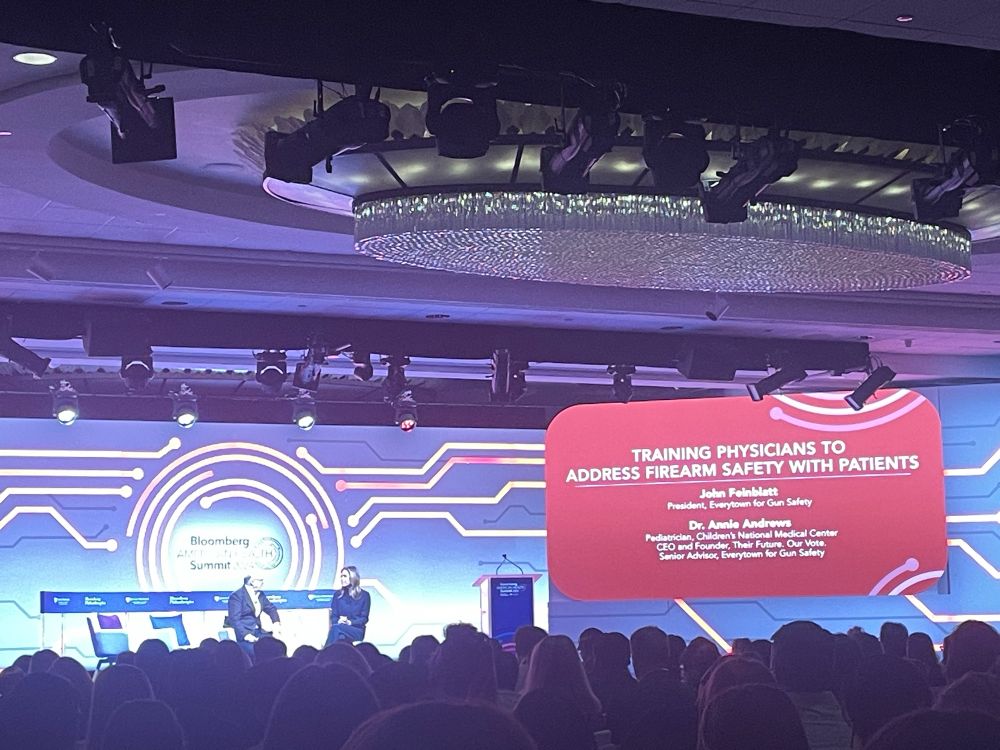


apply.interfolio.com/158809
apply.interfolio.com/158809
@jhubiostat
is looking for a Sr. Grants and Contracts Analyst to provide support on pre-award and post-award functions. Join us!
jobs.jhu.edu/job/Baltimor...
@jhubiostat
is looking for a Sr. Grants and Contracts Analyst to provide support on pre-award and post-award functions. Join us!
jobs.jhu.edu/job/Baltimor...
Interesting methods and substantive projects, a fun work environment, and a great team!
Please spread the word!
jobs.jhu.edu/job/Baltimor...
Interesting methods and substantive projects, a fun work environment, and a great team!
Please spread the word!
jobs.jhu.edu/job/Baltimor...


